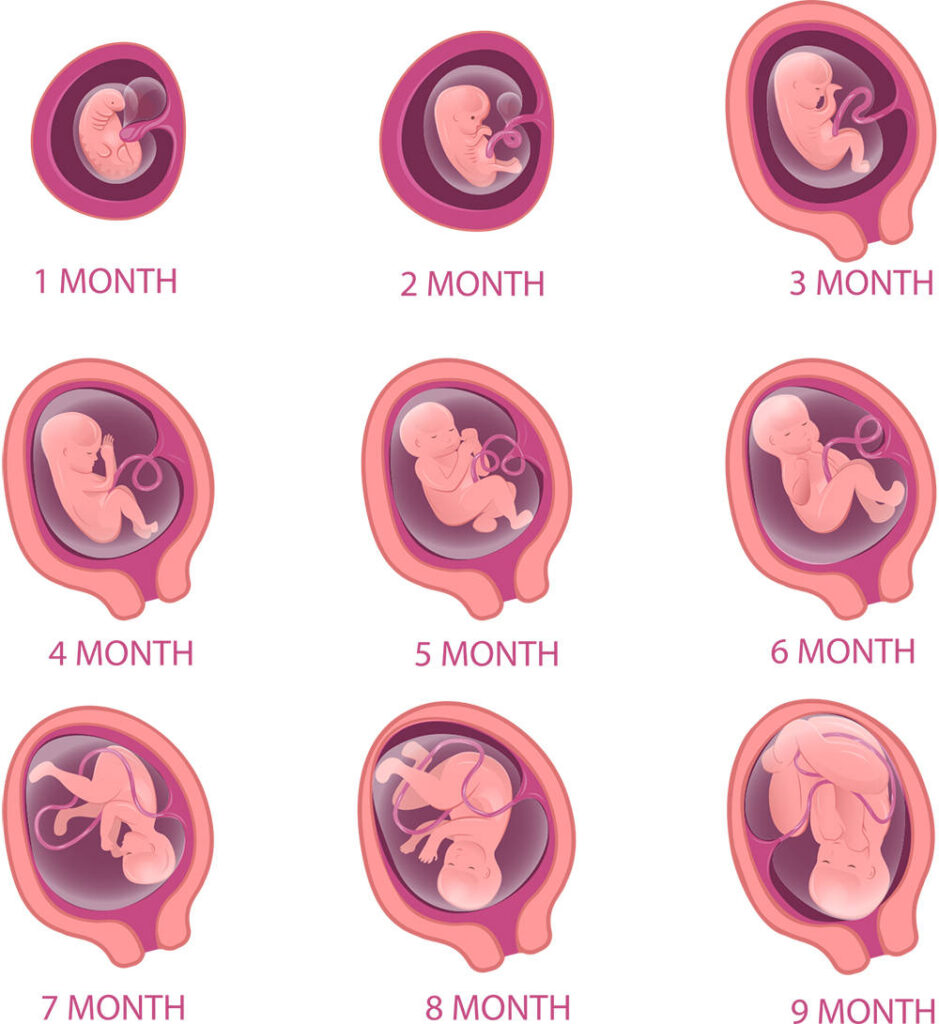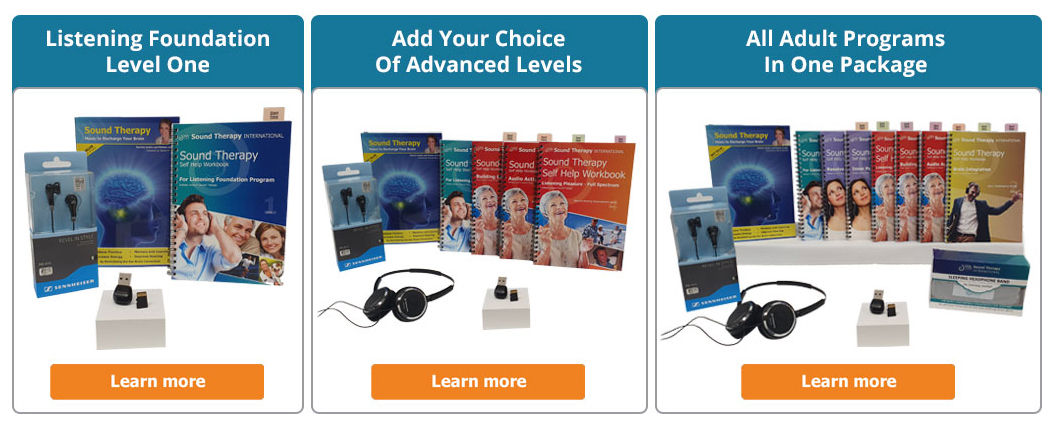Pregnancy and Sound Therapy
How pre-natal listening helps unborn babies


A baby’s brain begins to develop several months before birth. Millions of brain pathways are created, the foundations for thinking and learning already laid in place at birth. The baby’s brain is stimulated by inputs from the senses. Smell, sight, touch, taste and movement — all these sensory inputs build the new being’s sense of the world.
It has been proven that the foetus has hearing at four and a half months, and Dr Tomatis, the pioneer of the early scientific exploration of sound and hearing, believed that hearing begins much earlier.
He discovered that baby birds will be born unable to sing if they do not hear their mothers sing while they are in the egg. This triggered Tomatis’s curiosity to explore the soundscape of the womb. The sounds that the foetus hears are mostly low frequencies due to being filtered through water. However, as the embryonic ear develops, it is attuned first to hear high frequencies. In this way, Tomatis surmised, the foetus is aware early on of the mother’s voice.
Environmental sounds form a background medley over which the mother’s voice dominates, holding the attention of the foetus. These sounds are extremely important, for through them the first emotional and mental bonding is established between child and mother. Much research shows that babies become calmer when exposed to a recording of intra-uterine sounds.









